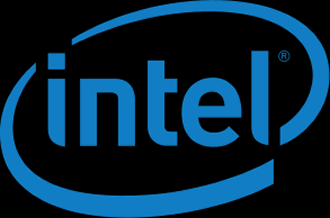 Big companies which thought that it would be a wizard wheeze to set up social networking sites on their corporate nets are regretting the investment.
Big companies which thought that it would be a wizard wheeze to set up social networking sites on their corporate nets are regretting the investment.
It is not because the social networking sites are being misused, but rather that they are not being used at all.
Enterprise social networking (ESN) software, designed to boost interaction and collaboration, is being completely ignored.
It sounds so good on paper. A successful ESN deployment means you get a Facebook- and Twitter-like system for your workplace, with employee profiles, activity streams, document sharing, groups, discussion forums and microblogging and employee’s that work together.
The managers thought that staff could use it for brainstorming ideas, answering each other’s questions, discovering colleagues with valuable expertise, co-editing marketing materials, sharing sales leads and collaborating on a new product design.
Carol Rozwell, a Gartner analyst, told IT World that between 70 percent and 80 percent of companies are struggling with Enterprise Social Networking.
She said it is often rolled out by leaders who are thrilled with the technology, and they see how quickly consumer social networks like Facebook have grown. They think they’ll accomplish the same growth rate and participation if they buy the right tool and staff will use it.
However Gartner predicts that through 2015, 80 percent of social business efforts will not achieve their intended benefits due to inadequate leadership and an overemphasis on technology.
However despite the fact that no one is using them, it seems that management still think they are a brilliant idea. MarketsandMarkets claims that spending on this type of software is expected to grow from $4.77 billion this year to $8.14 billion in 2019. It sounds like it would be money better spend on a horse.

















